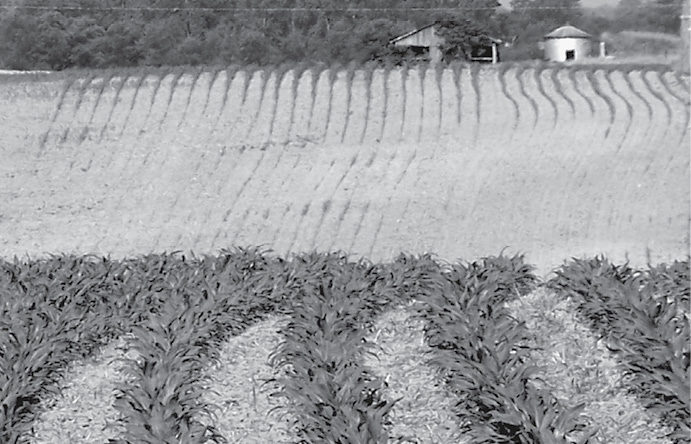No-Till Farmer
Get full access NOW to the most comprehensive, powerful and easy-to-use online resource for no-tillage practices. Just one good idea will pay for your subscription hundreds of times over.

Cleaner air may be good for no-tillers’ health, but it’s not necessarily good for the health of their crops.
Darrell Norton, a soil scientist with USDA’s-Agricultural Research Service in West Lafayette, Ind., says that cleaner air standards and scrubbers on power plants mean potential deficiencies in nutrients essential for successful crop production.
“We used to not worry about sulfur because we got it for free, but we’ve had a considerable reduction of atmospheric sulfur deposition due to clean air standards,” Norton says. “There are actually areas of the country that are experiencing sulfur deficiencies in crops, and not just in sandy soils.”
Norton says producers tend to take the calcium and sulfur freely supplied by nature for granted, but they are meso-nutrients needed in levels equal to, and even greater than, nitrogen, phosphorus and potassium.
Fortunately, the cause of the problem may also be the solution — and with even greater benefits for no-tillers in the long run.
To meet environmental standards for sulfur emissions, power plants use a scrubbing technique that produces gypsum, Norton says. The process creates high-grade gypsum, which is largely used for wallboard production, and less pure gypsum, which can be used in agriculture.
Norton says gypsum (calcium sulfate dihydrate) can supply crop-available forms of calcium and sulfur to address nutrient deficiencies, but the benefits go far beyond fertility, Norton told attendees at the 2009 National No-Tillage Conference.
Calcium is necessary for proper function of cell membranes and cell walls. Norton says calcium…